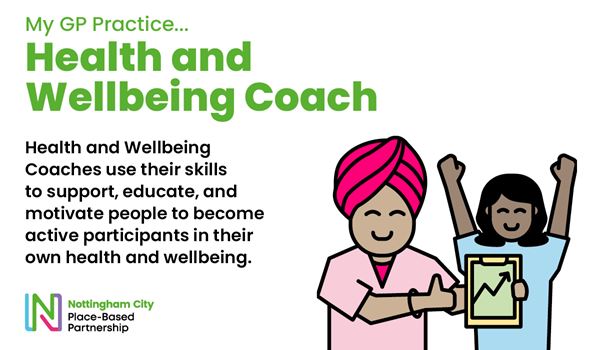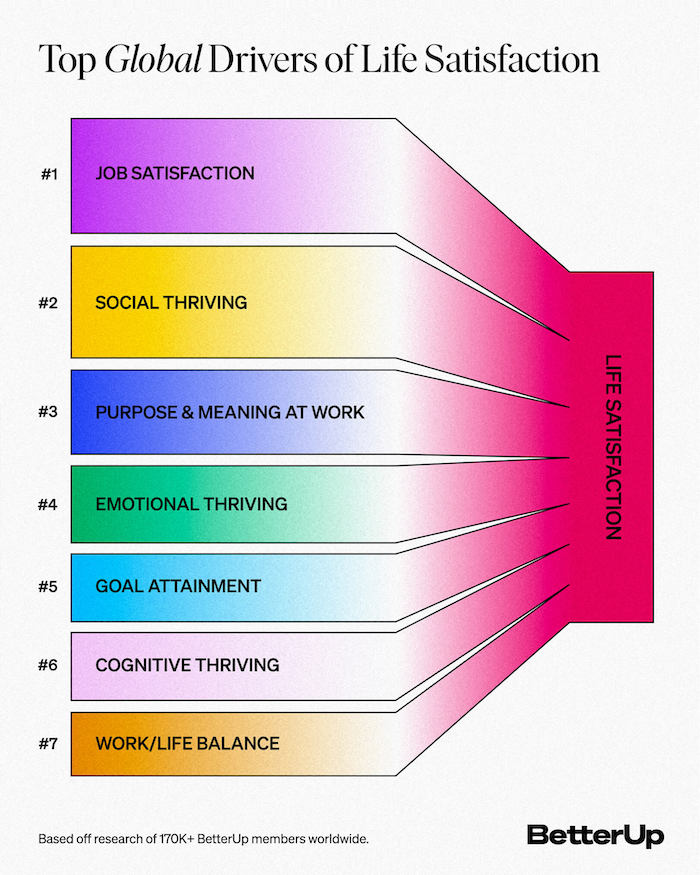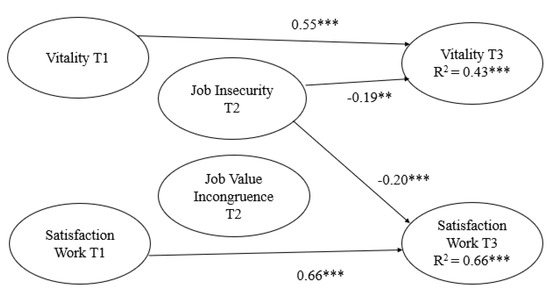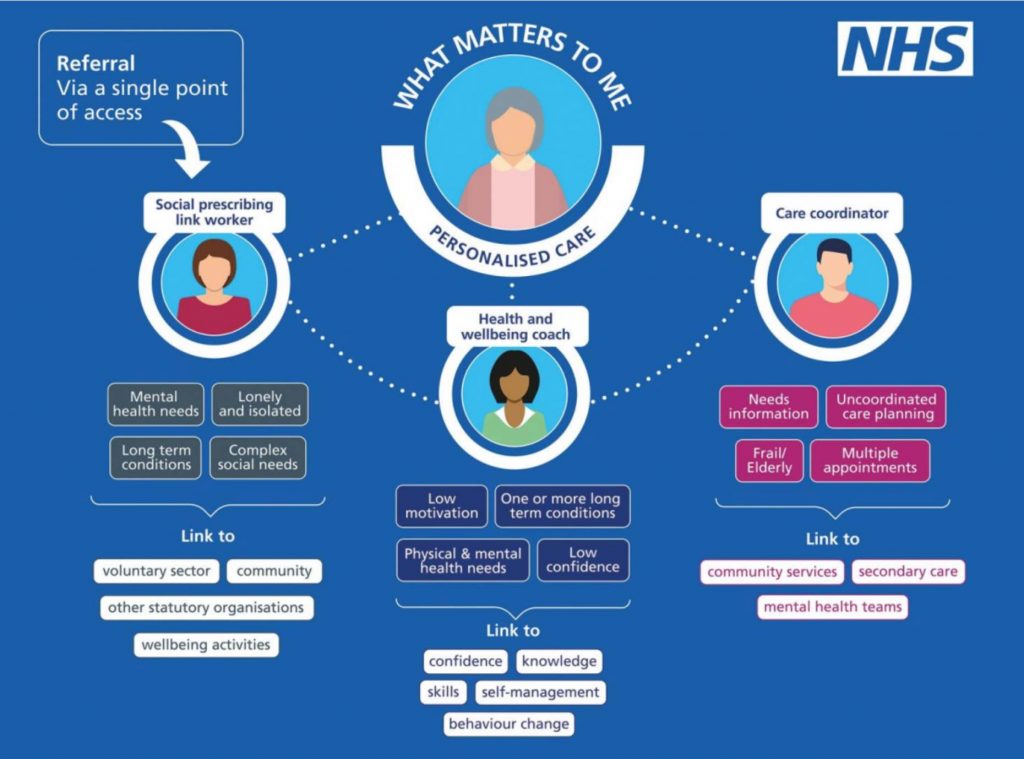Table of Contents
- Introduction
- Role and Responsibilities
- Benefits of Mental Health and Wellbeing Coaching
- Qualifications and Skills
- Challenges and Rewards
- Career Opportunities
- Client Testimonials
Introduction
Mental health and wellbeing coaching is a fulfilling profession aimed at assisting individuals in overcoming mental and emotional hurdles to achieve a balanced and fulfilling life. In this article, we will explore the various aspects of this important field and the positive impact it has on individuals seeking support.
Role and Responsibilities
Mental health and wellbeing coaches provide personalized guidance and support to their clients, helping them navigate challenges, improve their overall mental wellbeing, and achieve their goals. These coaches often work closely with individuals suffering from anxiety, depression, stress, or other mental health issues. They create a safe space for clients to express their feelings, develop coping mechanisms, set achievable objectives, and monitor progress towards a healthier state of mind.
Mental health and wellbeing coaches play a crucial role in supporting individuals in improving their mental and emotional wellbeing. Here are some key responsibilities of a mental health and wellbeing coach:
1. Assessment and Evaluation:
A coach must assess and evaluate an individual's mental health status, identifying their strengths and areas of improvement. This may involve conducting initial assessments and using appropriate evaluation tools to understand the individual's specific needs.
2. Goal Setting and Action Planning:
Based on the assessment, a coach works with the individual to develop personalized goals and action plans. This involves collaborating with the client to establish realistic and achievable targets that address their mental health and wellbeing concerns.
3. Support and Guidance:
A mental health and wellbeing coach provides continuous support and guidance to individuals throughout their journey. This may involve offering counseling, teaching coping strategies, and providing tools to help individuals manage their mental health challenges effectively.
4. Advocacy:
A coach serves as an advocate for their clients, helping them navigate the mental healthcare system and access appropriate resources and services. This includes coordinating with other healthcare professionals to ensure a holistic approach to the client's mental health and wellbeing.
5. Monitoring and Reviewing Progress:
Coaches regularly monitor and review the client's progress towards their goals. They track outcomes and adjust action plans as needed to ensure ongoing improvement. Monitoring progress also includes providing feedback and celebrating milestones achieved by the client.
6. Continuous Professional Development:
Mental health and wellbeing coaches actively engage in continuous professional development to enhance their knowledge and skills. This involves staying updated with the latest research and best practices in the field, attending training programs, and seeking supervision or consultation when needed.
Overall, mental health and wellbeing coaches have the responsibility to create a safe and supportive environment for individuals seeking to improve their mental and emotional wellbeing. They play a vital role in empowering individuals to make positive changes and lead fulfilling lives.

Benefits of Mental Health and Wellbeing Coaching
Mental health and wellbeing coaching offers numerous benefits for both the coach and the client. Coaches have the privilege of witnessing personal growth and transformation, and often build strong and trusting relationships with their clients. For clients, the benefits include increased self-awareness, enhanced resilience, improved communication skills, better stress management, and overall better mental health outcomes.
1. Personalized Support
Mental health and wellbeing coaching provides individuals with personalized support to improve their mental health and overall well-being. Coaches work closely with clients to identify their specific needs and develop tailored strategies to address their challenges.
2. Goal Setting and Accountability
Coaches help individuals set realistic goals related to mental health and wellbeing, and hold them accountable for taking the necessary actions to achieve these goals. This ensures that individuals stay focused and motivated throughout their journey.
3. Improved Self-Awareness
By working with a mental health and wellbeing coach, individuals gain a deeper understanding of themselves, their emotions, and their thought patterns. This increased self-awareness allows them to identify and challenge negative beliefs or behaviors, leading to personal growth and improved mental resilience.
4. Enhanced Coping Mechanisms
A mental health and wellbeing coach equips individuals with effective coping mechanisms to deal with stress, anxiety, and other mental health challenges. Coaches provide tools and strategies that help individuals manage their emotions, build resilience, and develop healthy habits for overall well-being.
5. Improved Work-Life Balance
Mental health and wellbeing coaching assists individuals in finding a balance between their professional and personal lives. Coaches help individuals prioritize their mental health and develop strategies to manage work-related stress, leading to increased productivity, job satisfaction, and overall life satisfaction.
6. Motivation and Empowerment
Mental health and wellbeing coaching offers a supportive and motivating environment that encourages individuals to take control of their mental health and well-being. Coaches empower individuals to overcome challenges, build confidence, and make positive changes in their lives.
7. Long-term Well-being
With the help of a mental health and wellbeing coach, individuals can develop sustainable habits and strategies that promote long-term mental well-being. Coaches provide ongoing support and guidance to ensure individuals maintain a healthy lifestyle and continue to thrive mentally and emotionally.

Qualifications and Skills
To become a mental health and wellbeing coach, one typically needs a background in psychology, counseling, or a related field. Additional certifications in coaching methodologies are also beneficial. Strong interpersonal skills, active listening, empathy, and the ability to establish rapport are crucial qualities for success in this profession. Ongoing professional development is essential to stay updated with the latest practices and techniques in the field.
In order to excel as a mental health and wellbeing coach, certain qualifications and skills are highly valued:
Qualifications:
- Bachelor's degree in Psychology or related field: Having a solid educational foundation in psychology helps coaches understand the complexities of mental health and wellbeing.
- Certification in coaching: Obtaining a recognized coaching certification demonstrates expertise in the field and adherence to ethical coaching practices.
- Additional certifications: Possessing specialized certifications in areas such as Cognitive Behavioral Therapy (CBT), mindfulness, or trauma-informed care enhances the coach's ability to provide tailored support.
Skills:
Mental health and wellbeing coaches should possess the following skills:
- Active listening: Being attentive and empathetic to clients' concerns allows coaches to build rapport and establish a safe space for open communication.
- Effective communication: The ability to articulate concepts clearly, ask insightful questions, and provide guidance in an understandable manner is essential.
- Empathy and compassion: Showing genuine empathy and compassion towards clients helps create a supportive and non-judgmental environment.
- Problem-solving: Coaches should have strong analytical and critical thinking skills to assist clients in overcoming challenges and identifying suitable coping strategies.
- Emotional intelligence: Understanding and managing one's emotions, as well as perceiving and responding to the emotions of others, allows coaches to effectively support clients.
- Flexibility and adaptability: Being able to adapt coaching approaches to individual clients' needs and evolving circumstances ensures the most relevant and effective support.
These qualifications and skills are crucial for mental health and wellbeing coaches to provide impactful guidance and assistance to individuals seeking support in their mental wellbeing journey.

Challenges and Rewards
While mental health and wellbeing coaching can be incredibly rewarding, it is important to acknowledge the challenges that come with it. Coaches may face emotionally draining situations and need to practice self-care diligently. Building a successful coaching practice takes time and effort, but the reward lies in positively impacting individuals' lives and contributing to the improvement of mental health on a broader scale.
Mental health and wellbeing coaching is a fulfilling and important profession that helps individuals improve their mental and emotional well-being. While it comes with its own set of challenges, the rewards are tremendous. Let's explore some of these challenges and rewards.
Challenges:
- Complex and sensitive issues: As a mental health and wellbeing coach, you'll be dealing with individuals who may have complex and sensitive issues. It requires empathy, patience, and understanding to effectively support them through their challenges.
- Resistance to change: Some clients may struggle with embracing change or breaking free from their comfort zones. Encouraging them to make positive changes can be a delicate process that requires gentle persuasion and motivation.
- Emotional intensity: Listening to clients' stories and emotions can be emotionally intense and draining. It's essential to practice self-care and establish healthy boundaries to prevent burnout.
- Limited resources: Depending on your work setting, you might encounter limited resources and funding for mental health support services. This may hinder your ability to provide comprehensive care to all clients.
Rewards:
- Helping others: The greatest reward of being a mental health and wellbeing coach is knowing that you are making a positive difference in someone's life. By empowering individuals to overcome challenges and improve their well-being, you're contributing to their personal growth and happiness.
- Personal growth: Working in this field exposes you to various perspectives and life experiences, enabling you to broaden your understanding of human behavior and emotions. It can also serve as a catalyst for your own personal growth and development.
- Building strong relationships: You have the opportunity to develop deep and meaningful connections with your clients. Through trust and support, you can create a safe space for individuals to share their struggles and triumphs, ultimately building strong and lasting relationships.
- Continuous learning: The field of mental health is constantly evolving, and as a coach, you'll have numerous opportunities for professional development and growth. Staying updated with the latest research and techniques ensures that you provide the best possible support to your clients.
In conclusion, while mental health and wellbeing coach jobs present challenges, the rewards far outweigh them. Making a positive impact on others' lives, experiencing personal growth, forming deep relationships, and constantly learning make this profession immensely rewarding.

Career Opportunities
Mental health and wellbeing coaches can explore various career paths. They may work as independent coaches, in wellness centers, educational institutions, or as part of employee assistance programs in corporations. With the increasing recognition of the importance of mental health, the demand for qualified coaches is on the rise.
If you are passionate about mental health and wellbeing, a career as a mental health and wellbeing coach can offer you numerous opportunities to make a positive impact on individuals' lives.
What is a Mental Health and Wellbeing Coach?
A mental health and wellbeing coach is a professional who provides guidance, support, and motivation to individuals seeking to improve their mental health and overall wellbeing. They work closely with clients to identify and overcome challenges, set goals, and develop effective strategies to enhance their mental wellbeing.
Career Path and Education
To become a mental health and wellbeing coach, it is advisable to obtain a bachelor's degree in psychology, counseling, or a related field. While formal education is important, acquiring practical experience through internships, volunteer work, or working under the guidance of established coaches can greatly enhance your career prospects.
Job Responsibilities
As a mental health and wellbeing coach, your responsibilities may include:
- Conducting initial assessments to evaluate clients' mental health and wellbeing
- Designing customized coaching programs tailored to clients' specific needs and goals
- Providing ongoing support and guidance to help clients implement positive lifestyle changes
- Assisting clients in developing coping mechanisms and stress management techniques
- Monitoring clients' progress and making necessary adjustments to coaching strategies
- Collaborating with other healthcare professionals, such as therapists or psychiatrists, to ensure comprehensive care
- Staying updated on the latest research and techniques in mental health and wellbeing
Employment Opportunities
Mental health and wellbeing coaches can find employment opportunities in various settings, including:
- Private practices
- Wellness centers and spas
- Corporate wellness programs
- Community health organizations
- Rehabilitation centers
- Educational institutions
Additionally, many mental health and wellbeing coaches choose to start their own coaching businesses and work independently.
A career in mental health and wellbeing coaching can be rewarding and fulfilling, allowing you to assist others in improving their mental wellbeing and leading healthier lives. By combining your passion for mental health with the necessary education and experience, you can pave the way for a successful career in this field.

Client Testimonials
Client testimonials highlight the profound impact mental health and wellbeing coaching can have on individuals. These stories exemplify the transformative journey of clients, emphasizing the positive influence of dedicated coaching support on their overall mental wellbeing.
John Doe, California
"Working with my mental health and wellbeing coach has been a life-changing experience. They have helped me overcome personal obstacles, develop coping mechanisms, and achieve a healthier mindset. I highly recommend their services."
Jane Smith, New York
"I am grateful to have found a mental health and wellbeing coach who genuinely cares about my progress. They have guided me towards self-discovery and taught me valuable techniques to manage stress and anxiety. I am now living a more fulfilling life."
Mark Johnson, Texas
"As a professional in the mental health industry, I understand the importance of seeking help when needed. My mental health and wellbeing coach has been an incredible source of support. Their expertise and empathy have played a crucial role in my personal and professional growth."

Key Takeaways
- Mental health and wellbeing coaching aims to assist individuals in overcoming mental and emotional challenges to lead fulfilling lives.
- Clients benefit from increased self-awareness, resilience, improved communication, and better mental health outcomes through coaching.
- A background in psychology or counseling, along with strong interpersonal skills, is crucial for a successful coaching career.
- Mental health and wellbeing coaches may face challenges but experience great rewards through positively impacting lives.
- Career opportunities for mental health and wellbeing coaches can be found in various settings.
- Client testimonials highlight the positive influence of mental health and wellbeing coaching on overall mental wellbeing.
FAQ
1. What is the difference between a mental health and wellbeing coach and a therapist?
Mental health and wellbeing coaches focus on providing guidance, support, and motivation to help clients improve their mental wellbeing and achieve their goals. Therapists, on the other hand, often address deeper psychological issues, providing diagnosis, treatment, and intervention.
2. Can I become a mental health and wellbeing coach without a background in psychology?
While a background in psychology or counseling is beneficial, it is not always a prerequisite. Many successful coaches come from various professional backgrounds, but obtaining additional certifications or training in coaching methodologies is highly recommended.
3. How long does it take to establish a successful coaching practice?
Building a successful coaching practice takes time and effort. It involves establishing a reputation, building a network, and continuously refining coaching skills. With dedication and perseverance, coaches can gradually develop a thriving practice.
4. Is mental health and wellbeing coaching regulated?
The regulation of mental health and wellbeing coaching varies by region and country. While there may not be mandatory licensing or certification requirements in some places, it is important for coaches to adhere to ethical guidelines and continuously improve their professional skills.



Recent Comments